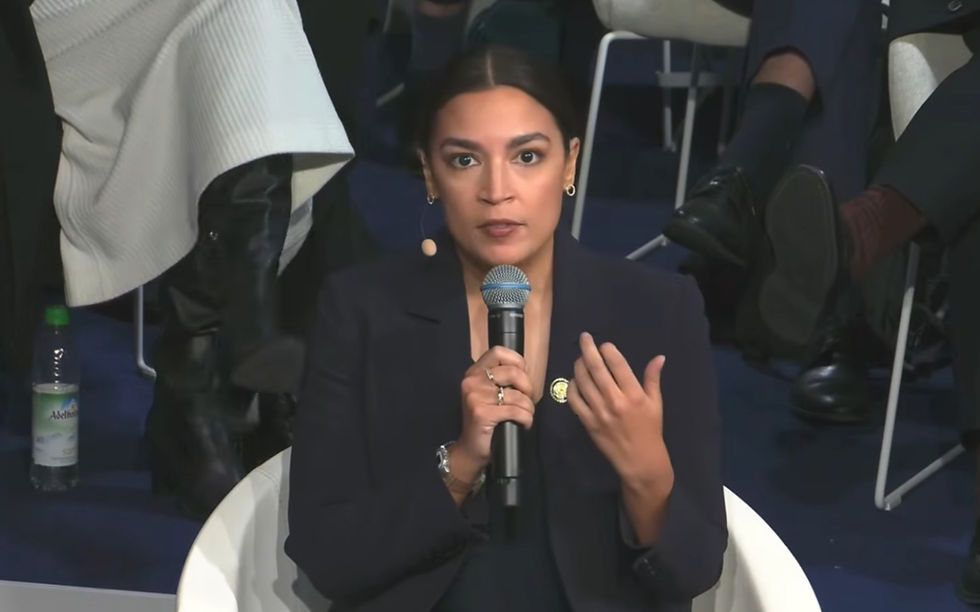Chapter 3, Section IV: Early Islamic Expansion: Nimble, Networked, Ideological
- john raymond
- Jul 7, 2025
- 2 min read

In the seventh century, a force emerged from the Arabian Peninsula that would shock the world and redraw the boundaries of power. Within a generation, Arab-Muslim forces dismantled two of the most formidable empires in existence—the Byzantines and the Sassanids. This was not the triumph of brute strength or technological superiority. It was the triumph of belief, mobility, and decentralized conviction.
The early Islamic expansion is one of the most potent examples in history of asymmetric power overwhelming conventional might.
The Arab-Muslim campaign was defined by its nimbleness and its unifying ideology. Islam was not just a religion; it was a social, political, and moral operating system. It bound once-warring tribes into a single cohesive force, aligning them under a common vision that superseded individual interests.
Unlike their imperial adversaries, who were hamstrung by bureaucratic rigidity and fractured command, the early caliphates operated with an agility that made them nearly impossible to counter. Light cavalry moved swiftly across desert terrain. Supply lines were short, decisions decentralized. And through it all ran a current of moral clarity: these warriors were not fighting for territory—they were fighting for the eternal.
This asymmetry—of belief, of structure, of speed—proved decisive. The Byzantine and Persian empires, bloated and brittle, could not adapt. Their armies were slow, their soldiers disillusioned. The Arab-Muslim forces didn’t win because they had better weapons or larger battalions. They won because they knew what they were fighting for. And they believed it deeply.
This lesson reverberates in our modern era in ways that are difficult to ignore.
Trumpism—particularly in its MAGA incarnation—functions as a pseudo-religious movement with a similar structure of asymmetric resilience. It does not require centralized leadership or strategic planning. It thrives on grievance, narrative, and shared conviction.
From school board disruptions to statehouse protests to the January 6 insurrection, its power is not in policy or coherence but in belief. MAGA followers are not debating policy points—they are defending a sacred truth. Trump, in this formulation, is not a politician. He is a prophet.
Like the early Islamic expansion, this movement resists dislodgement through fact or reason. In fact, the more it is challenged, the deeper its adherents burrow into their convictions.
This is the power of ideological asymmetry: a weak actor armed with belief can often outmaneuver a strong actor who believes in nothing.
And that brings us to George W. Bush.
His attempt to infuse American foreign policy with a narrative of democracy and freedom fell flat—not because those ideas lack merit, but because they were wielded cynically. The invasion of Iraq was not guided by moral clarity. It was wrapped in it. And when the veil lifted, it revealed a hollow core.
The insurgents, for all their brutality, knew what they were fighting for. American soldiers, despite their courage, often did not.
This is the enduring lesson: belief is a force multiplier. Asymmetric war is not just a matter of strategy—it is a matter of soul. Trumpism survives because it taps into something older than politics. It invokes a sense of belonging, a vision of righteous struggle, a promise of lost greatness restored.
That vision is false. But belief makes it feel true. And in an age of asymmetric warfare, that is sometimes enough to win.




Comments